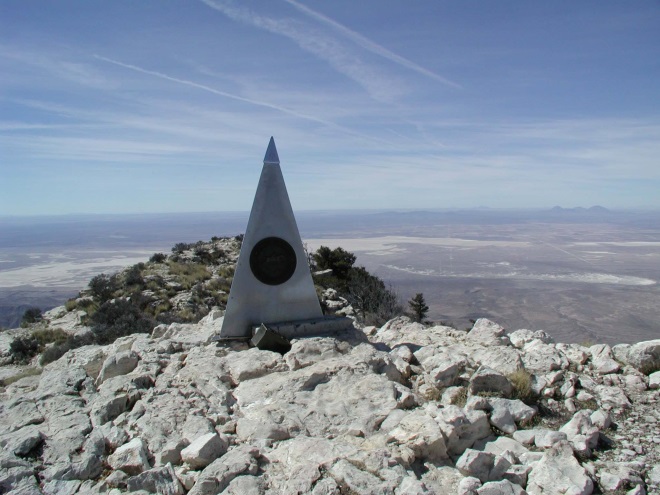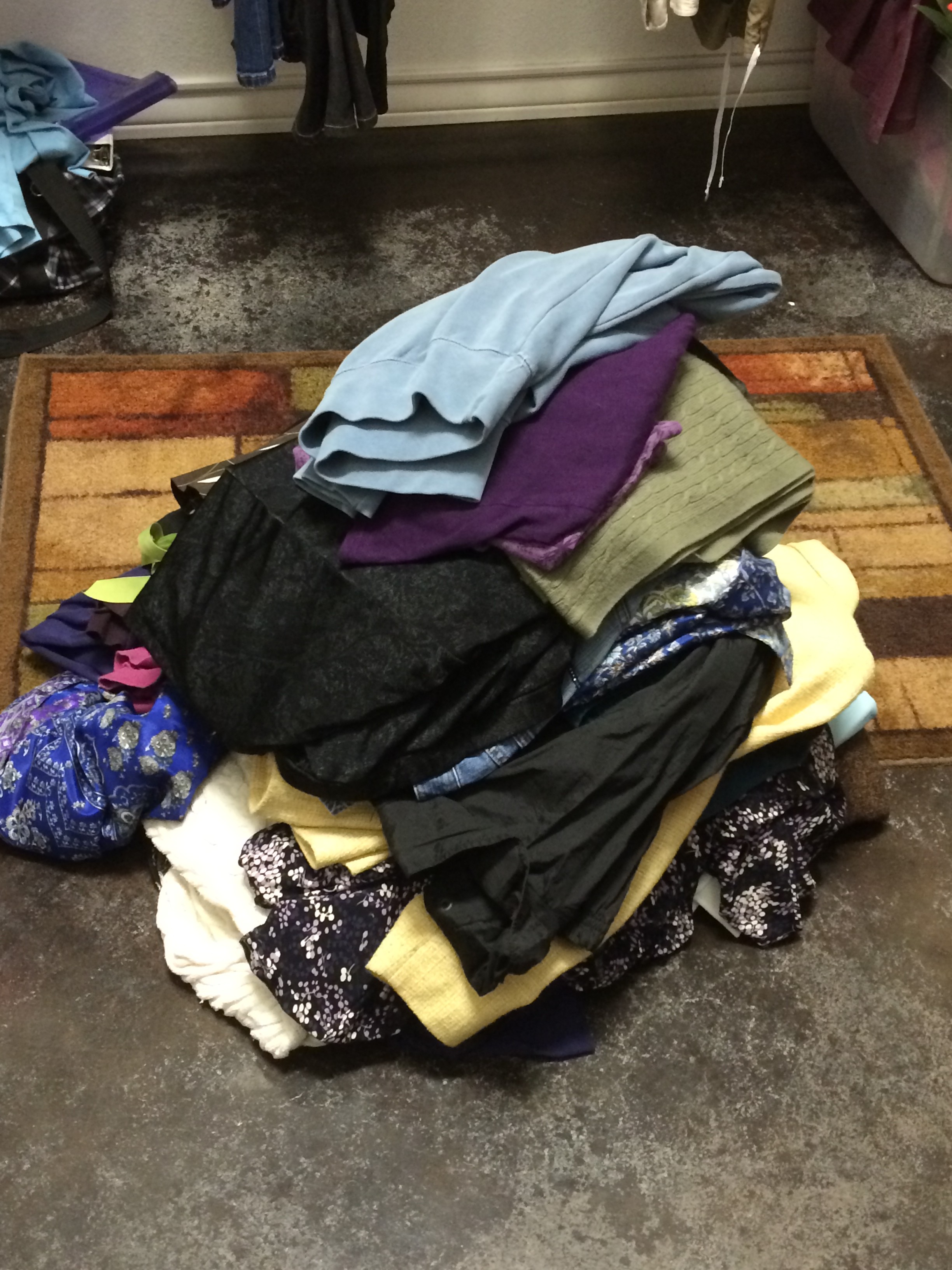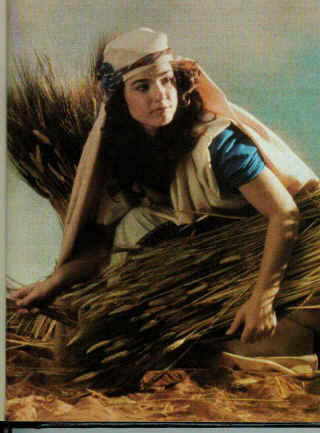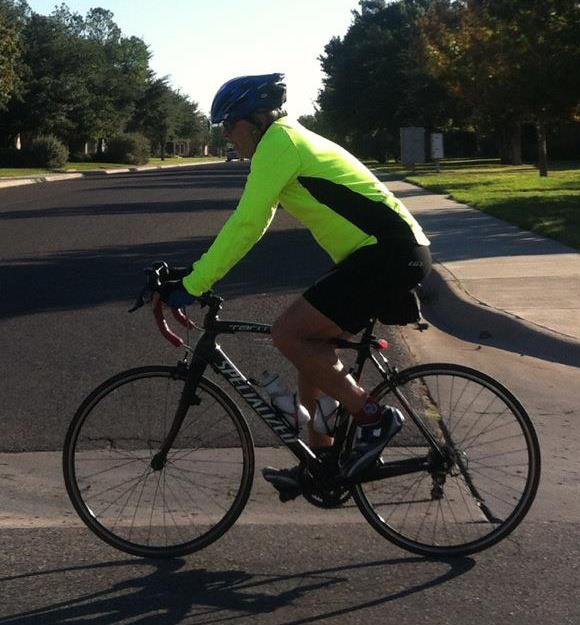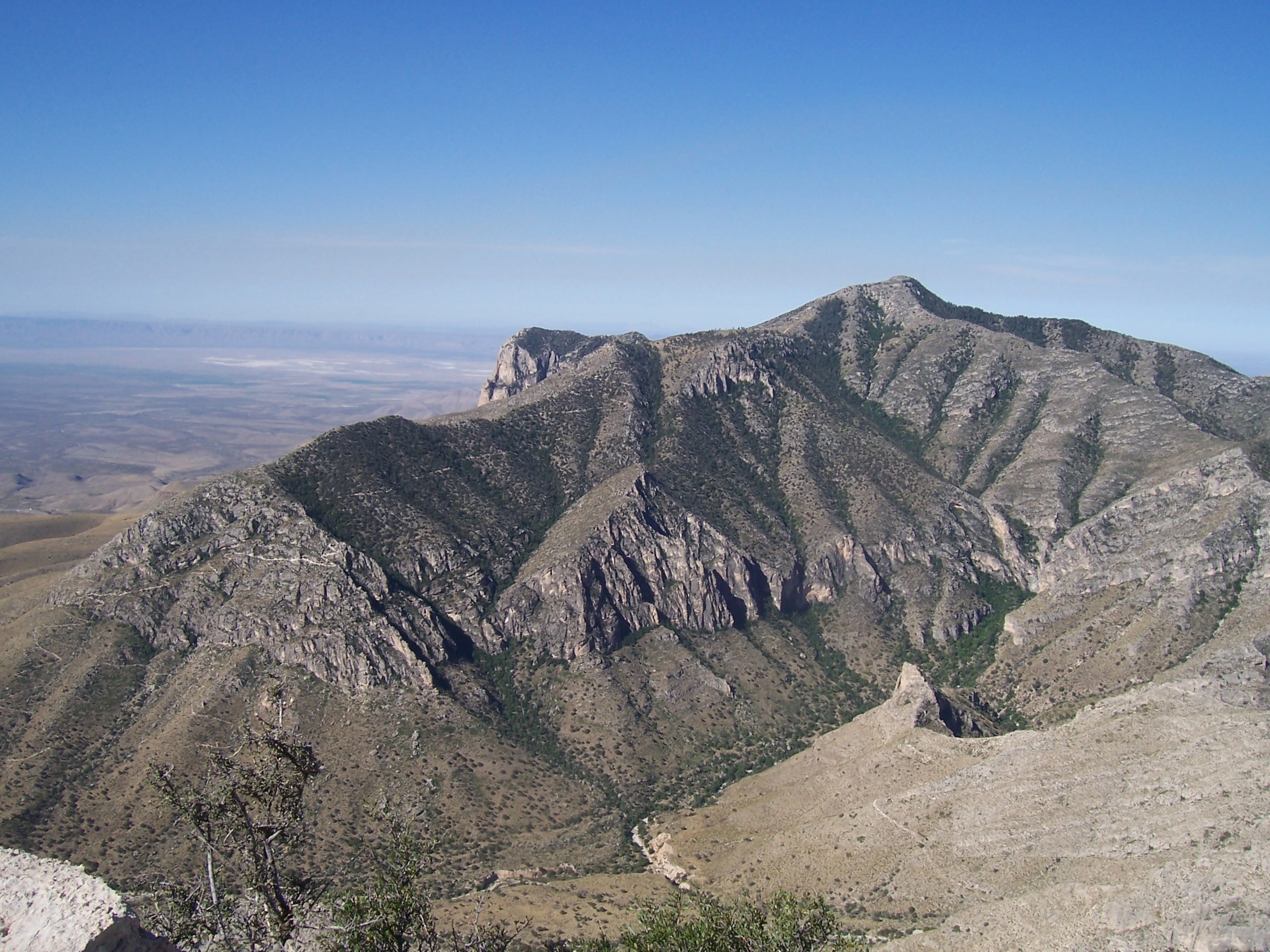It Should Have Been Miserable But It Wasn't
/Saturday of Easter weekend, I lead a group from Midland to hike Guadalupe Peak, the highest point in Texas. I say “I lead” in broadest terms since most of the other hikers made it further up the mountain than I did. The hike is eight miles round-trip with 3,000’ vertical climb, and since 2003 I’ve made it to the summit 16 times with groups of varying sizes. My first time up this trail was in October 2003 and the group was Cyndi and me. We’d invited our entire Sunday School class to join us but our loyal friends thought we were crazy and weren’t interested. So it was just the two of us. Why did we do it? We’d heard our friend Meta talk about how cool it was, and she was a Yankee transplanted to west Texas. We felt like we were letting Texas down until we hiked up the trail ourselves.
This year, I almost had a meltdown Wednesday before the hike. I was worried that the group was getting too big (26+?) and would we have enough transportation to haul everyone and did we have enough drivers and did the newcomers know how hard this was or did someone sell them on a walk in the park and what about all these people I didn’t yet know but felt responsible for and how did it come to this and why do I always get myself into these situations … and well, like that. You know how it goes.
About mid-afternoon Wednesday I finally remembered why we make this same hike year after year after year. It’s because men make friends outside; because people form friendships on the trail; because God speaks to us on the mountain in ways we aren’t prepared to hear when sitting at home; because the core group of hikers are some of the best men I’ve ever known and any time I get other people around these guys only good things can happen; and because grace leaks out of our lives when we do difficult things together.
After all that, I settled down to do w hat I should have done from the very beginning. I remembered this was God’s trip and we were just tagging along. I was lucky to be part of it.
hat I should have done from the very beginning. I remembered this was God’s trip and we were just tagging along. I was lucky to be part of it.
As it turned out, we hiked in the cold rain almost the entire day. It was 60* with drizzle in the parking lot when we started up the trail, and the rain increased and temperature dropped all the way up the mountain. At the summit the temperature was about 40*, the wind was frightening, and the rain clouds had morphed into thunder and lightning. No one spent much time at the summit since Guadalupe Peak is, essentially, a lightning rod for the entire state of Texas.
The sun finally came out during our descent down the trail, and by the time we all got to the parking lot our clothes were drier. We changed into dry gear and spread out wet clothes in the sun to dry out.
Here is the curious part … the day should have been miserable, but it wasn’t. We were all cold and wet, but once we dried off and started sharing our stories, we were friends. Because of shared hardship we were no longer strangers. All because we’d spent the day on the trail together.
 One of my favorite writers, Jonathan Katz, wrote, “I am coming to see life as a series of paths, some literal, some emotional, some in the nature of life – marriage, divorce, work, family. These paths take all of us to different places. Paths are important, they are the symbols of our lives, they mark the passages of time, they take us out of our lives or, sometimes, into it.”
One of my favorite writers, Jonathan Katz, wrote, “I am coming to see life as a series of paths, some literal, some emotional, some in the nature of life – marriage, divorce, work, family. These paths take all of us to different places. Paths are important, they are the symbols of our lives, they mark the passages of time, they take us out of our lives or, sometimes, into it.”
What a shame it would have been if we’d not made the hike due to a little rain. We’d have collectively missed a passage of our lives.
As for me, I’m embarrassed about my Wednesday crises and sad I ever doubted a process, a spiritual activity disguised as a mountain hike, which was handed to us from God, which has strengthened the hearts of so many. Who did I think I was to assume this was about me and whether I could handle it all?
“I run in the path of Your commands, for You have set my heart free.” Psalm 119:32
Like what you read? Want more? Read and subscribe to my weekly blog, read daily writing on Tumblr, and follow me on Twitter and Facebook.


